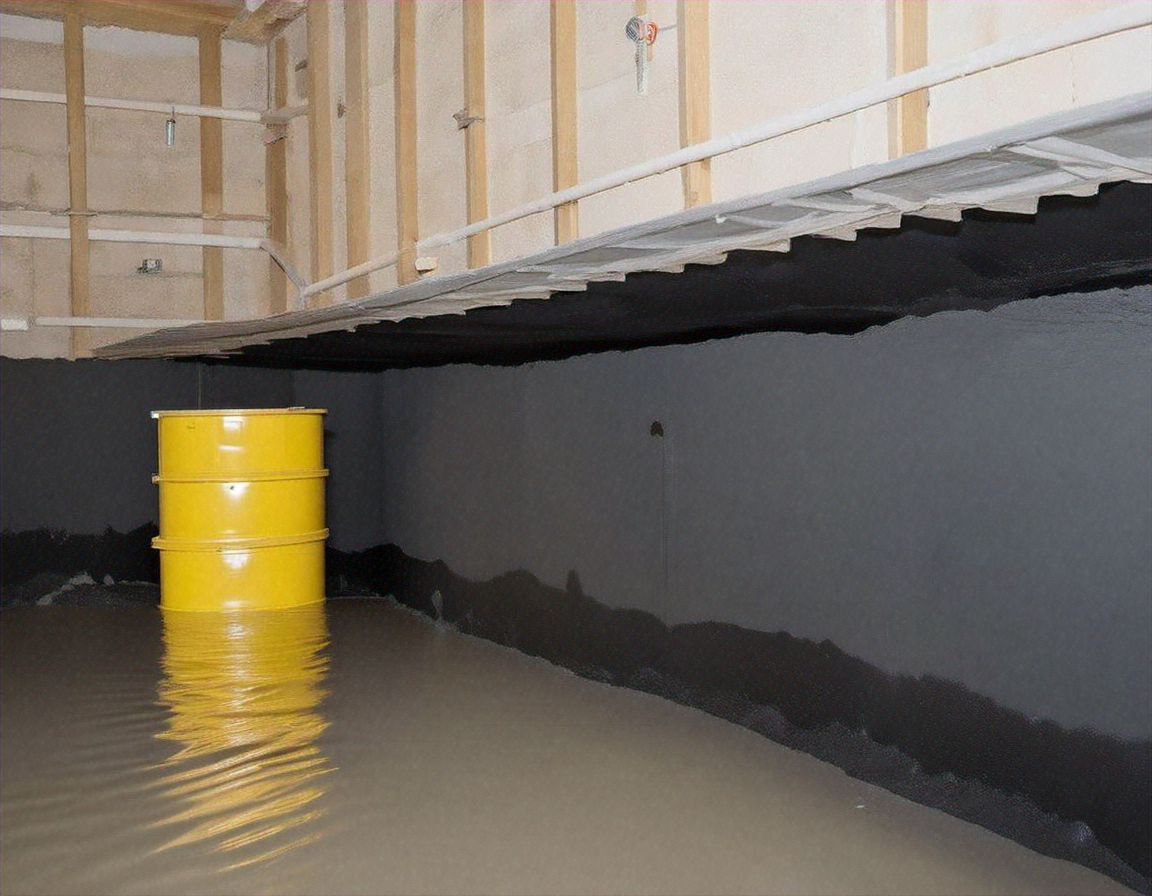Decoding the Buzz Around Real Estate Crowdfunding
Imagine being able to invest in high-profile property deals alongside seasoned real estate moguls, all with just a few clicks on your computer. Welcome to the world of real estate crowdfunding, a burgeoning sector that's changing the game for investors and property developers alike.

Understanding Real Estate Crowdfunding
Crowdfunding, a concept popularized by platforms like Kickstarter, involves pooling small investments from a large number of people to fund a particular project. Applied to real estate, it allows individual investors to take part in property deals that were once the exclusive domain of wealthy individuals or institutional investors.
Real estate crowdfunding emerged after the 2008 financial crisis, when banks tightened their lending standards, making it harder for property developers to secure financing. At the same time, the JOBS Act of 2012 loosened regulations on public investments, paving the way for crowdfunded real estate platforms.
Current Trends in Real Estate Crowdfunding
Despite its relatively recent emergence, real estate crowdfunding has gained substantial momentum. As of 2020, the global real estate crowdfunding market was worth an estimated $13.2 billion and is projected to grow at a compound annual growth rate (CAGR) of 33.4% from 2021 to 2028.
This explosive growth is driven by factors such as technological advancements, the democratization of real estate investing, and the search for alternative income streams amid low-interest rates. The COVID-19 pandemic has also had an impact, as it spurred investors to diversify their portfolios and explore digital investment platforms.
Pros and Cons of Real Estate Crowdfunding
Real estate crowdfunding offers several advantages. For one, it allows individual investors to access property investments with lower capital requirements. It also provides portfolio diversification and the potential for attractive returns.
However, crowdfunded real estate is not without its challenges. These investments are typically illiquid, with investors’ capital locked in for a few years. Additionally, like all real estate investments, they are subject to market risks, including fluctuations in property values and rental income.
Impact on the Real Estate Market
The rise of real estate crowdfunding has the potential to democratize the real estate market significantly. By breaking down the barriers to entry, it allows a broader range of individuals to participate in property investment. This could lead to a more diverse and resilient real estate market.
At the same time, crowdfunding provides an alternative financing source for property developers, fostering innovation and potentially leading to more diverse property offerings.
Looking Ahead
While real estate crowdfunding is still a relatively young sector, its rapid growth and the benefits it offers suggest it will continue to gain traction. However, as with any investment, it’s crucial for investors to do their due diligence and understand the risks involved.
In conclusion, real estate crowdfunding represents a significant shift in the way properties are financed and invested in. As the sector matures and regulatory frameworks evolve, it will be fascinating to see how this innovative approach to real estate investment reshapes the property landscape.




